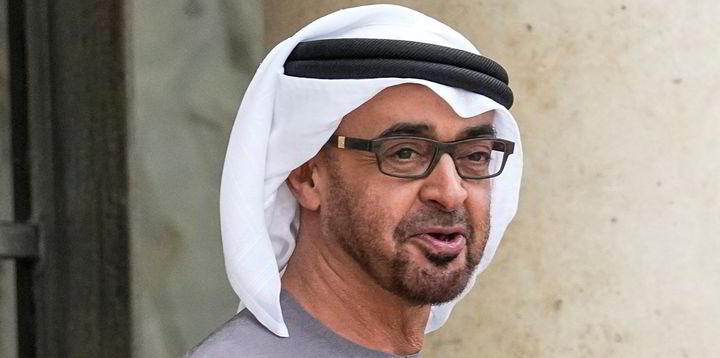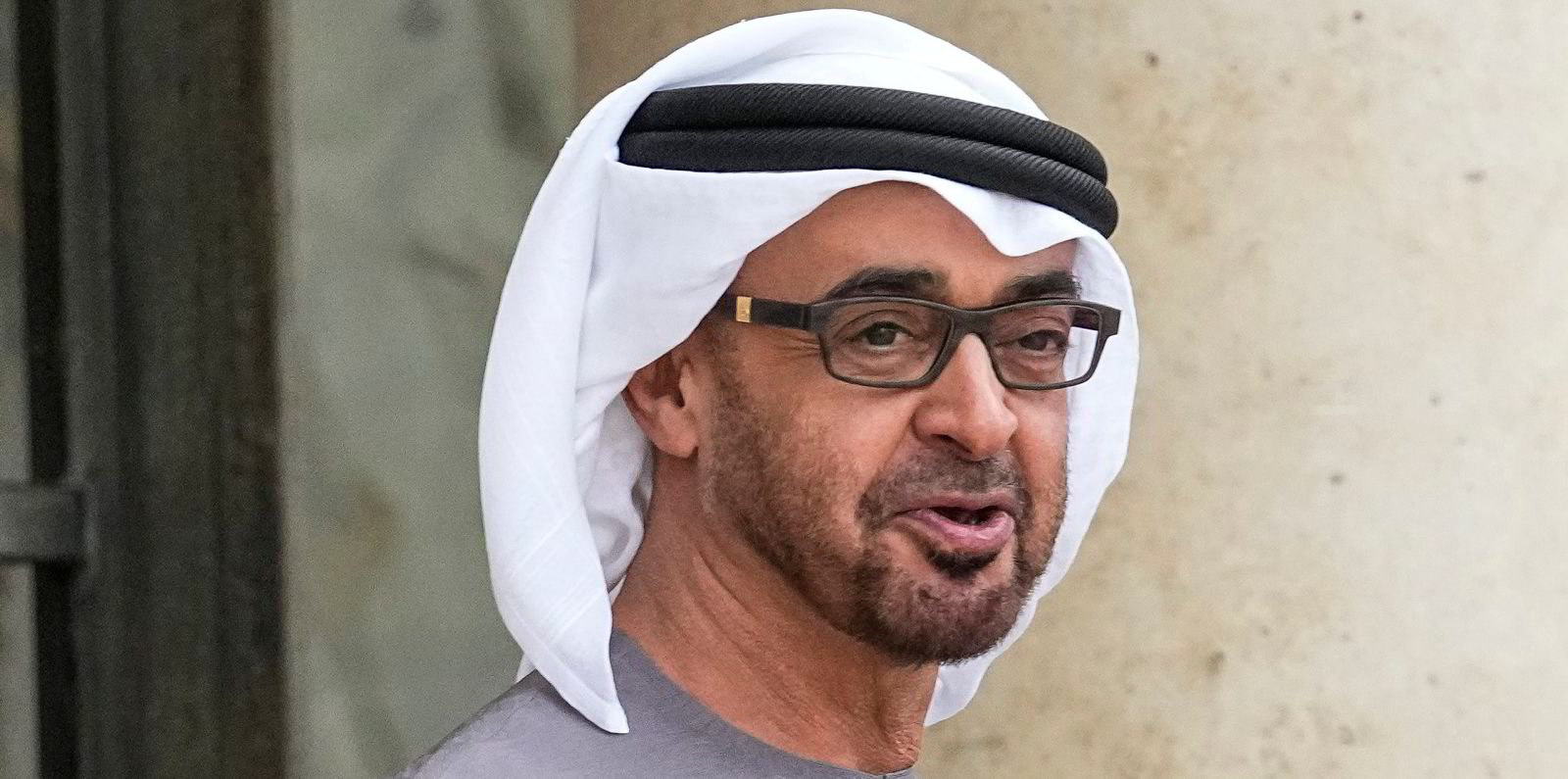The United Arab Emirates, a key member of Opec, has started rolling out a 9% corporate tax from 1 June, marking a shift away from its tax-free policy for companies.
Leading Middle East nations, which have been tax-free for years, are introducing new taxation regimes aimed at boosting non-oil income and diversifying their economies, which are otherwise dependent on hydrocarbon revenues.
The corporate tax to be imposed on large companies follows the introduction of a 5% value added tax introduced by the UAE in 2018.
The UAE does not impose personal income tax on individuals. A similar policy is followed by other nations in the Gulf Cooperation Council region.
In December last year, the UAE introduced the federal corporate tax law, which applies to companies whose taxable income exceeds 375,000 dirhamns ($102,000). Taxable profits below that threshold will be subject to 0% corporate tax, Upstream understands.
No corporate tax will apply on salaries or other personal income from employment — be it in the government, semi-government or private sectors, the Ministry of Finance has said.
Article continues below the advert
Free zones exempted
In a new set of regulations, the ministry said qualifying entities in more than 30 free zones — which export tens of billions of dollars of goods to neighbouring states — will be subject to a 0% rate — even when dealing with the mainland on certain strategic activities such as manufacturing, goods processing and logistics services, Reuters reported.
“The regime has been designed to ensure strategic sectors will thrive in the free zones. Some level of migration may happen, but the overall objective is ensuring the UAE remains attractive,” Shabana Begum, the ministry’s executive director for tax policy, was quoted as saying by local media.
Experts believe that although hydrocarbons will continue to remain an “invaluable source” of government revenue for many years to come, a wider tax base would safeguard the economy against oil price swings.
Diversifying revenues
Aathira Prasad, director of macroeconomics at Nasser Saidi & Associates, told The National, the UAE’s largest news daily, that the new tax will raise the share of non-oil revenue in the budget and “increase the tax revenue-to-gross domestic product ratio — currently estimated at around 15% of GDP”.
“This will also provide added support to the UAE’s efforts towards greater fiscal consolidation,” she added.
The new corporate tax regime is expected to support the country’s plans to double its economy to $816.8 billion by 2031.
State-owned Abu Dhabi National Oil Company is spending billions of dollars to boost its oil production to 5 million barrels per day by 2027, up from the existing 4 million bpd capacity.
The government is also spending heavily on decarbonisation plans, with an ambition to achieve net-zero emissions by 2050, which would require huge investment.

